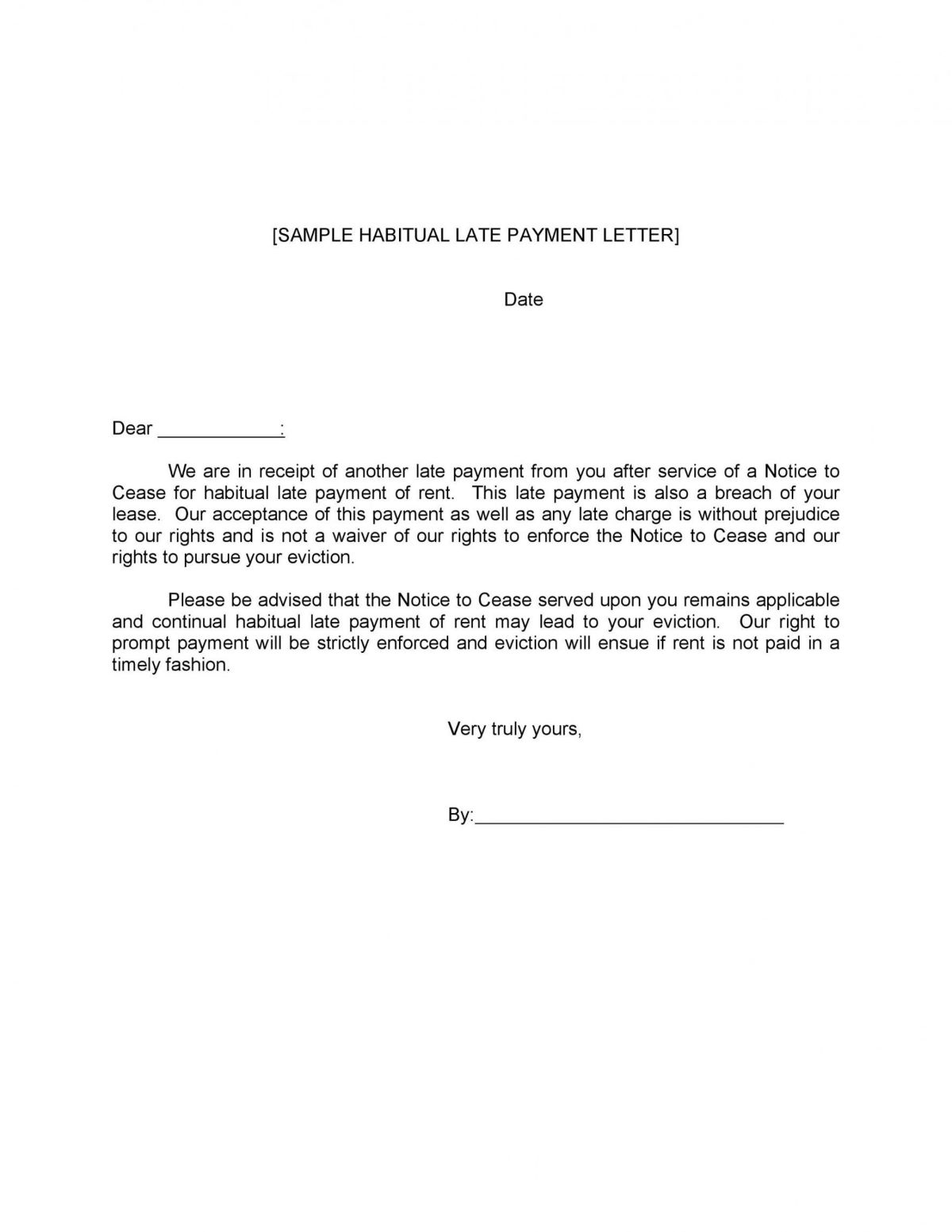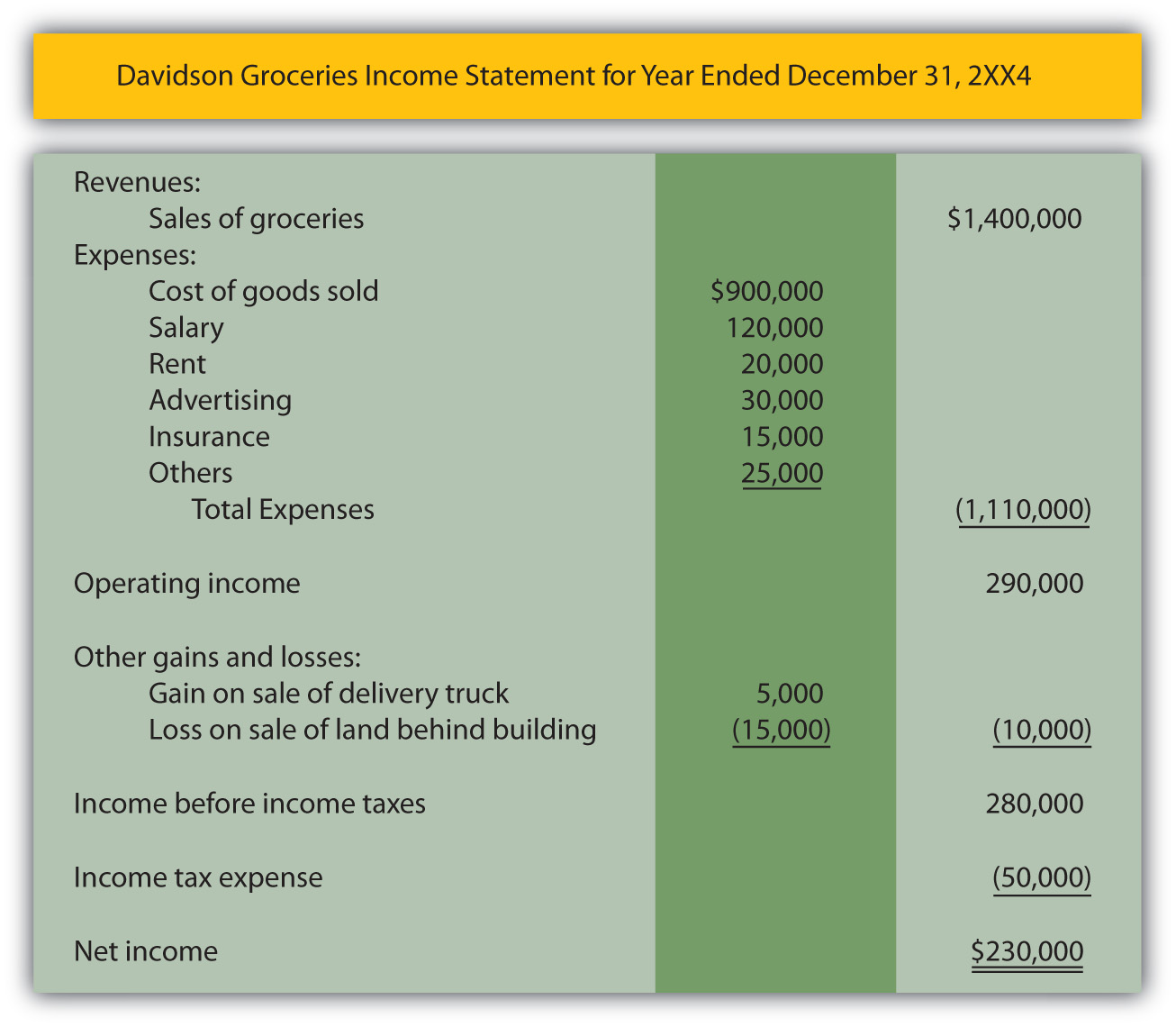Home>Finance>What Is A Normal Late Fee For Rent In Tennessee


Finance
What Is A Normal Late Fee For Rent In Tennessee
Published: February 22, 2024
Learn about typical late fees for rent in Tennessee and how they impact your finances. Understand the financial implications of late rent payments in Tennessee.
(Many of the links in this article redirect to a specific reviewed product. Your purchase of these products through affiliate links helps to generate commission for LiveWell, at no extra cost. Learn more)
Table of Contents
Introduction
Late fees for rent are a common aspect of renting a property. They are charges imposed by landlords when tenants fail to pay their rent on time. Understanding the implications of late fees is crucial for both tenants and landlords. In Tennessee, like in many other states, there are specific regulations governing the imposition of late fees. It's essential for both landlords and tenants to comprehend these regulations to ensure fair and legal practices.
Late fees can have a significant impact on tenants' finances and can sometimes lead to disputes between tenants and landlords. Therefore, it's important to have a clear understanding of the legal framework and typical practices regarding late fees for rent in Tennessee. This article will delve into the details of late fees for rent in Tennessee, including the legal regulations, factors affecting late fees, the average late fee, and tips for dealing with late fees. By gaining a comprehensive understanding of these aspects, both landlords and tenants can navigate the issue of late fees more effectively, fostering a harmonious landlord-tenant relationship.
Understanding Late Fees for Rent
Late fees for rent are charges imposed by landlords when tenants fail to pay their rent on time. They serve as a financial incentive for tenants to pay their rent promptly and are designed to compensate landlords for the inconvenience and financial strain caused by late payments. It’s important for tenants to be aware of the late fee policy outlined in their lease agreement, as it directly impacts their financial responsibilities.
Landlords typically outline the specifics of late fees in the lease agreement, including the amount of the late fee, the grace period for late payments, and any additional penalties for continued non-payment. It’s crucial for tenants to carefully review and understand these terms before signing the lease to avoid any misunderstandings in the future.
For landlords, late fees act as a deterrent against late payments and help mitigate the impact of late payments on their cash flow. They also incentivize tenants to prioritize timely rent payments, thereby ensuring a steady income for the landlord and contributing to the overall stability of the rental property.
Understanding the purpose and mechanics of late fees is essential for both landlords and tenants. Tenants should be mindful of the financial implications of late fees, while landlords must adhere to legal regulations and fair practices when implementing late fees. By fostering a clear understanding of late fees, both parties can cultivate a transparent and respectful landlord-tenant relationship.
Legal Regulations in Tennessee
In Tennessee, the imposition of late fees for rent is governed by state law. According to Tennessee law, landlords must clearly outline the late fee policy in the lease agreement to ensure transparency and avoid disputes. It’s imperative for landlords to adhere to the legal requirements when imposing late fees to maintain fair and lawful practices.
Tennessee law does not impose a statutory limit on the amount of late fees that landlords can charge. However, the late fee amount must be reasonable and realistic, commensurate with the actual damages incurred by the landlord due to the late payment. Landlords should exercise prudence and fairness when determining the late fee amount to avoid potential legal challenges from tenants.
Moreover, Tennessee law stipulates that landlords must provide tenants with a grace period for late rent payments. The grace period is the additional time beyond the due date during which tenants can submit their rent payment without incurring late fees. Typically, the grace period is five days in Tennessee, but landlords have the discretion to set a different grace period as long as it is clearly stated in the lease agreement.
It’s important for both landlords and tenants to be well-informed about the legal regulations regarding late fees in Tennessee. Tenants should familiarize themselves with the late fee policy outlined in their lease agreement and understand their rights and obligations. Landlords, on the other hand, must ensure that their late fee policies comply with Tennessee state law and are communicated clearly to tenants to avoid potential disputes.
Factors Affecting Late Fees
Several factors can influence the determination of late fees for rent in Tennessee. Landlords consider these factors when establishing their late fee policies to ensure they are reasonable, fair, and compliant with state regulations. Understanding these factors can provide insight into the rationale behind the imposition of late fees and their potential impact on tenants.
- Lease Agreement Terms: The lease agreement serves as the foundational document that outlines the terms and conditions of the rental arrangement, including the late fee policy. Landlords have the discretion to specify the late fee amount, grace period, and any additional penalties for late payments in the lease agreement.
- Grace Period: The grace period, which is the additional time beyond the rent due date during which tenants can submit their payment without incurring late fees, significantly affects the application of late fees. Landlords may set a specific grace period based on their preferences and state regulations.
- Local Market Practices: The prevailing rental market conditions and practices in a specific locality can influence the determination of late fees. Landlords may consider the standard late fee practices in their local market when formulating their late fee policies.
- Tenant Payment History: Landlords may take into account the tenant’s payment history and consistency in meeting rent obligations when determining late fees. A tenant with a history of timely payments may receive more leniency compared to a tenant with a pattern of late payments.
- Property Management Considerations: For landlords who engage property management services, the policies and recommendations of the property management company may influence the establishment of late fees. Property management companies often provide guidance on best practices for late fee implementation.
By considering these factors, landlords can create late fee policies that are equitable and reflective of the specific circumstances of their rental properties. Tenants should be aware of these factors to understand the rationale behind the late fee policies and how they may be applied in their rental agreements.
Average Late Fee for Rent in Tennessee
While Tennessee state law does not prescribe a specific limit on late fees for rent, understanding the average late fee practices in the state can provide valuable insights for both landlords and tenants. The determination of late fees is influenced by various factors, and examining the prevailing average late fees in Tennessee can offer clarity on common industry practices.
On average, late fees for rent in Tennessee typically range from 5% to 10% of the monthly rent amount. However, it’s important to note that these figures are not mandated by state law and may vary based on the specific terms outlined in the lease agreement. Landlords have the discretion to set the late fee amount, provided it is deemed reasonable and reflective of the actual damages incurred due to late payments.
Additionally, the grace period, which is the additional time beyond the rent due date during which tenants can submit their payment without incurring late fees, is a crucial component that influences the average late fee practices. In Tennessee, the grace period commonly ranges from five to seven days, allowing tenants a reasonable window to submit their rent payment without penalty.
Tenants should carefully review their lease agreements to ascertain the specific late fee amount and grace period outlined by their landlords. Understanding the average late fee practices in Tennessee can empower tenants to make informed decisions and fulfill their rent obligations within the stipulated timelines to avoid incurring late fees.
For landlords, being cognizant of the prevailing average late fee practices in Tennessee enables them to establish late fee policies that align with industry standards while remaining compliant with state regulations. By setting reasonable and proportionate late fees, landlords can encourage timely rent payments and maintain a harmonious relationship with their tenants.
Tips for Dealing with Late Fees
Dealing with late fees for rent can be a source of concern for tenants and landlords alike. However, there are proactive measures that both parties can take to address late fees effectively and mitigate potential disputes. By implementing the following tips, tenants and landlords can navigate the issue of late fees with clarity and fairness.
- Communication: Open and transparent communication between tenants and landlords is essential when addressing late fees. Tenants should proactively communicate with their landlords in the event of potential late payments, providing valid reasons and seeking mutually agreeable solutions.
- Understanding the Lease Agreement: Tenants should thoroughly review their lease agreements to comprehend the late fee policy, including the late fee amount, grace period, and any additional penalties. Being well-informed about the terms of the lease agreement can help tenants avoid unexpected late fees.
- Timely Payments: Prioritizing timely rent payments is the most effective strategy for tenants to avoid incurring late fees. Adhering to the due dates and grace periods outlined in the lease agreement demonstrates financial responsibility and fosters a positive tenant-landlord relationship.
- Grace Period Utilization: Tenants should take advantage of the grace period provided by their landlords to submit their rent payments without incurring late fees. Utilizing the grace period responsibly can prevent unnecessary financial penalties.
- Flexibility and Understanding: Landlords are encouraged to exercise flexibility and understanding when tenants encounter genuine difficulties that may lead to late payments. Establishing a supportive and communicative environment can contribute to amicable resolutions regarding late fees.
- Legal Compliance: Landlords must ensure that their late fee policies comply with Tennessee state law and are clearly outlined in the lease agreement. Adhering to legal regulations and maintaining transparency is crucial for fair and lawful late fee practices.
By adhering to these tips, both tenants and landlords can navigate the complexities of late fees for rent with a proactive and informed approach. Effective communication, compliance with lease agreements, and a mutual commitment to fair and reasonable practices can contribute to a harmonious landlord-tenant relationship, minimizing potential conflicts related to late fees.
Conclusion
Understanding late fees for rent in Tennessee is essential for both landlords and tenants to ensure fair and transparent rental practices. By delving into the legal regulations, factors influencing late fees, and average practices in Tennessee, individuals involved in the rental process can navigate the complexities of late fees with clarity and awareness.
Tennessee’s legal framework provides guidelines for the imposition of late fees, emphasizing the importance of transparent lease agreements and reasonable late fee policies. Both landlords and tenants must familiarize themselves with these regulations to uphold lawful and equitable practices.
Factors such as the lease agreement terms, grace period, and local market practices influence the determination of late fees, offering valuable insights into the rationale behind late fee policies. By considering these factors, landlords can create late fee policies that align with industry standards and are reflective of their specific rental circumstances.
For tenants, understanding the average late fee practices in Tennessee empowers them to fulfill their rent obligations within the stipulated timelines and utilize the grace period responsibly to avoid incurring late fees. Proactive communication, adherence to lease agreements, and financial responsibility are key elements in effectively managing late fees.
By fostering a collaborative and communicative environment, landlords and tenants can navigate late fees with understanding and flexibility, mitigating potential disputes and maintaining a positive landlord-tenant relationship. Compliance with legal regulations, transparent lease agreements, and a commitment to fair and reasonable practices are fundamental in promoting a harmonious rental experience.
In conclusion, a comprehensive understanding of late fees for rent in Tennessee serves as the cornerstone for promoting fairness, transparency, and cooperation in the landlord-tenant dynamic. By embracing the insights and tips presented in this article, landlords and tenants can navigate the intricacies of late fees with clarity and foster a mutually beneficial rental environment.














